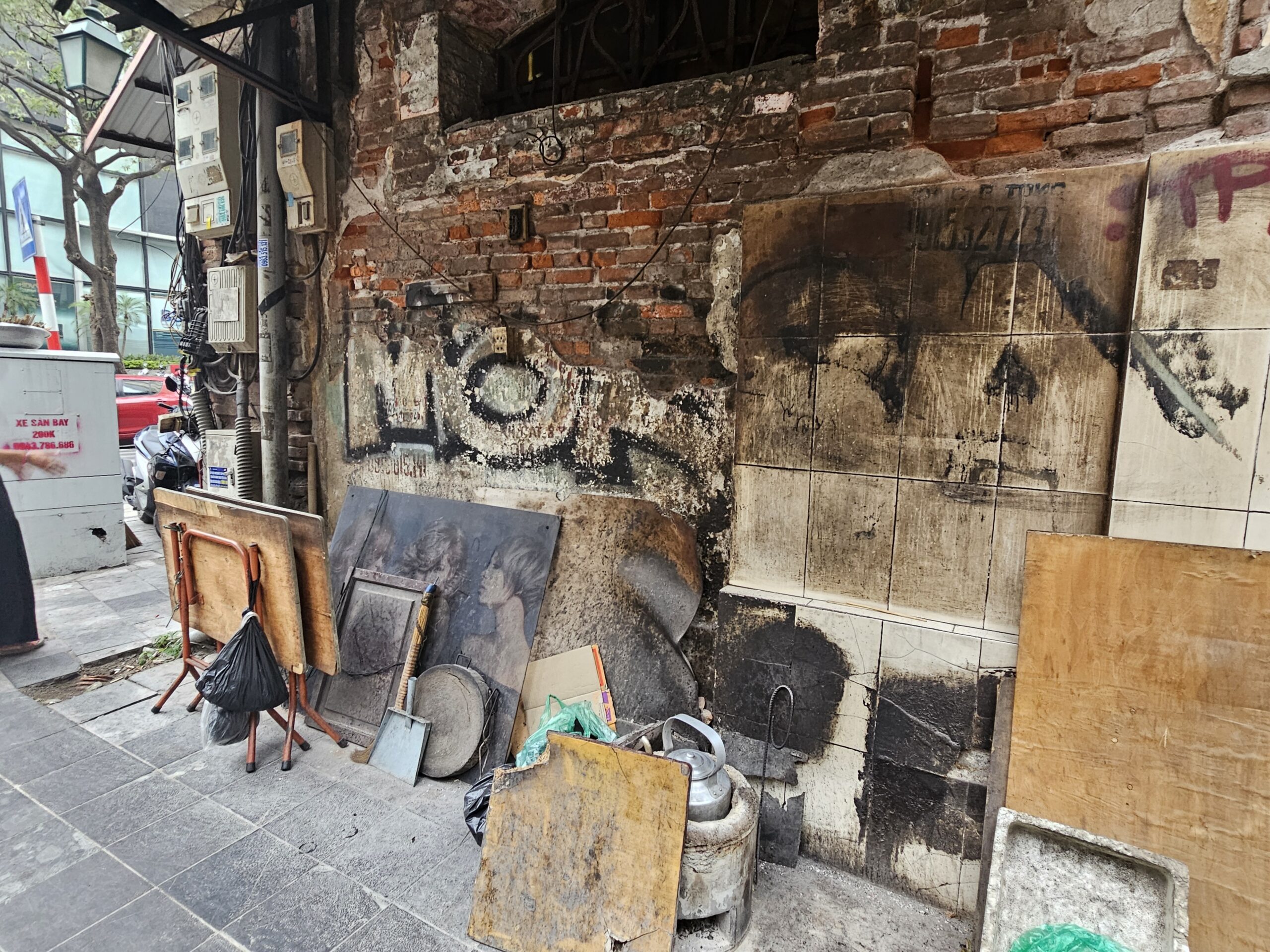I want to preface this blog post with the definition of ‘a better person’. The concept of what it means to be a “better person” has been much debated throughout the history of philosophy. However, my definition would be more aligned with Plato and Aristotle’s ideas of living life according to virtue and eudaimonia.
Before I went backpacking, many people would say to me that I would come back a different person, or imply that my entire existence and purpose would flip on its head when I return. This is a very common trope – the notion that traveling for an extended period would transform a person. However, the reality is not as romantic as people would like to believe.
Traveling across the other side of the world on a 6-month holiday that completely slowed down my pace of living and urgency certainly did have an impact on me. However, I think it’s a false statement to say I came back a “different person.”
While traveling across Asia for an extended period, you can see how people live in completely different environments. Understanding the history gives you a much closer experience to the city or country you’re in: the social dynamics at play between different classes, the day-to-day interactions and how these are played out, how work and leisure intertwine. Knowing what life is like for people in different countries helps provide contrast when judging what life is like in your own country. Being there in person can give this knowledge an intimate understanding and a more thorough appreciation of the diversity of the human experience.
Saying this, not everyone who goes traveling has this specific exercise in mind. Most of the time when people go backpacking (or traveling), they still ultimately see it as a holiday — which it is for the vast majority of people, including myself — and as such will go into “holiday mode.” More specifically, Westerners coming to the East in countries that are less-developed and have much cheaper cost-of-living, such as Indochina and Indonesia. It is very easy for Western travelers to be trapped in a bubble of the backpacker in the 2020s.
Traveling in Thailand is now extremely easy for the Westerner. Already being the hotspot travel destination for all of Asia, getting around Thailand has been made accessible with social media that spew the same ‘must visit’ attractions and streamline people’s journeys to sanitized destinations. Many travelers only go into the touristy areas they see online, despite the ‘real, authentic’ areas being right next to them. And the countries welcome this, even investing in it, to extract the most money out of the tourists by pushing them into the optimized money-making areas.
This allows the traveler to live ‘on top’ of the society they’re visiting, rather than ‘through’ it. Travelers will always inherently have a disconnect with the local person of the society by never truly living in the country, but at least the traveler has the ability to eat the same foods, drink the same beers, and sleep in the same places as the local person does. However, as traveling has grown popular due to the rise of short-form video content on platforms like TikTok and Instagram Reels, travelers are more likely to be pushed to the trending restaurants and cafes. This has created a kind of separate reality in these countries that have come to prominence as sanitized, pre-packaged ‘adventures’.
By living on top of the society rather than through it, this heavily strips back people’s knowledge-gain on how people live in different countries. People would much rather go to the places dictated by influencers online rather than see for themselves how the common person lives on the other side of the world, what they get up to day-to-day, how often they exercise, see family, drink with friends, work — the list goes on.
And this also goes to the point of what different people’s purpose is for traveling: an escape, to have fun, to discover. Many people’s perception of traveling now is an escape to Thailand to drink and party, no longer as a means to see the world for what it is anymore, to find different cultures you couldn’t even imagine.
All this is not to say that traveling for transformation or personal enrichment is no longer possible – it’s still quite easy to do this, in fact. Being conscious of this bubble and taking a deliberate step away from the touristy areas into the true living areas is your first step into seeing the range of human experience. Simply talking to strangers and going to random restaurants will really help you.
So no, traveling, by default, does not make you a better person
